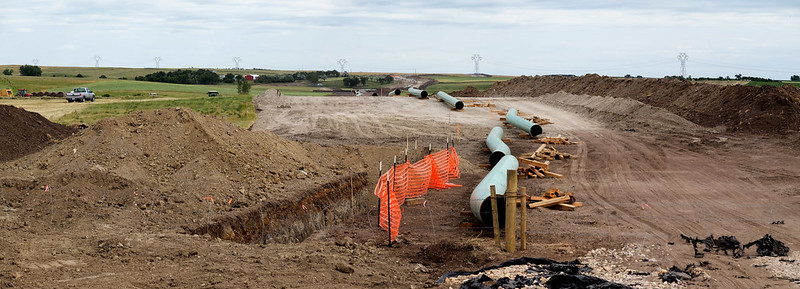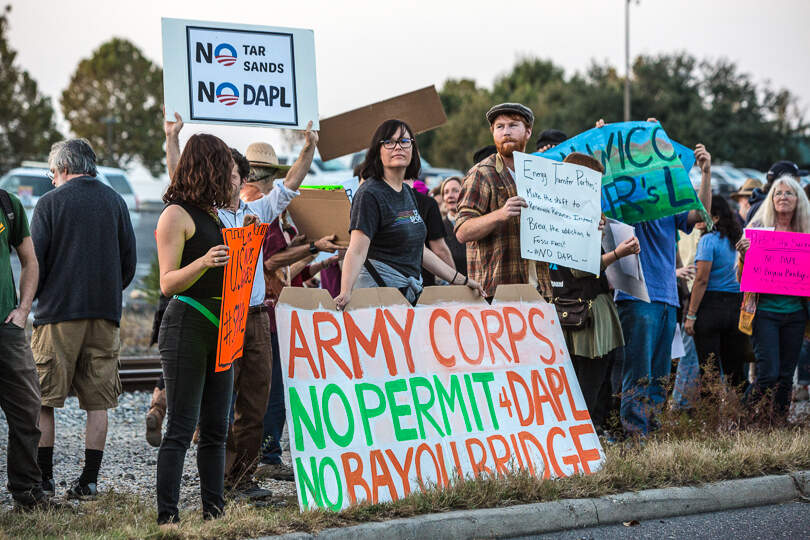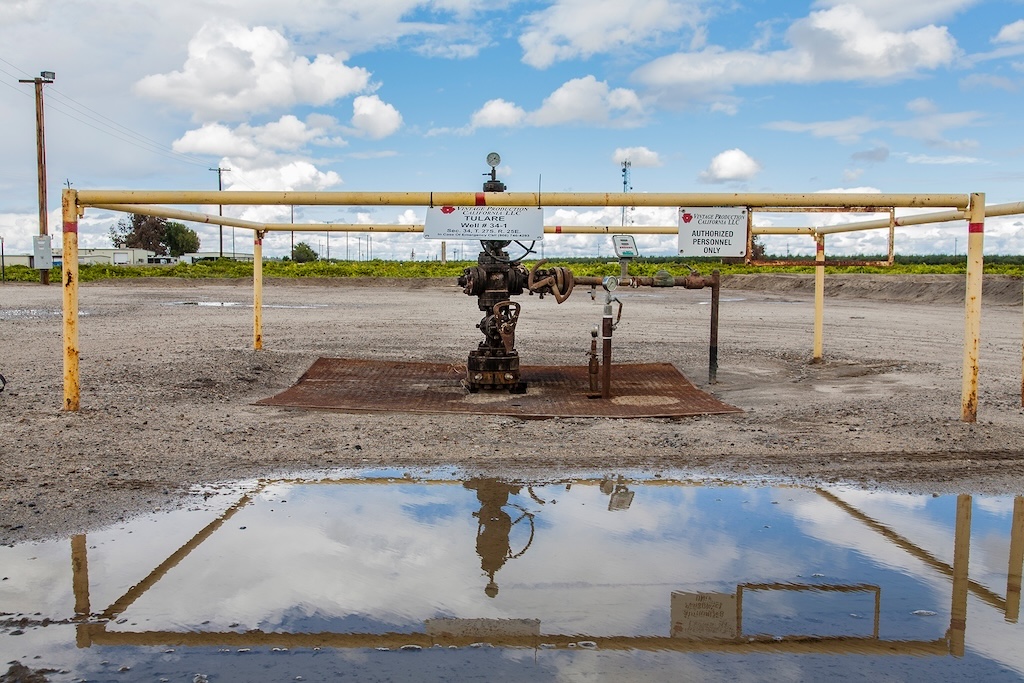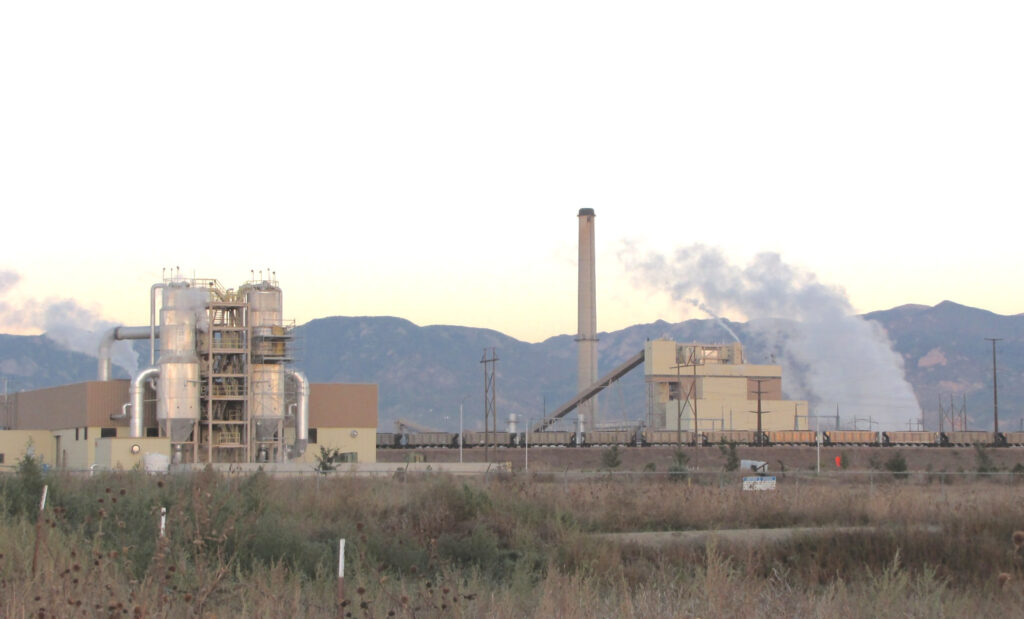On Monday, July 6, a federal judge ordered the shutdown of the Dakota Access pipeline (DAPL) by August 5. The move follows a March judgment that ordered the pipeline to undergo a more thorough environmental review.
However, Energy Transfer, the pipeline’s parent company, later revealed that the company was continuing to offer deals to oil companies to ship their product on DAPL during times when the pipeline is slated to be shut down. Today, the legal battle moved towards the U.S. Court of Appeals for the District of Columbia Circuit, after the judge denied a request to freeze the shutdown order.
Energy Transfer said that it was continuing to offer shippers oil transportation on DAPL after the court-ordered shutdown date, Bloomberg reported on July 8, adding that the company had made “no moves to take it offline.”
“We are not shutting in the line,” Energy Transfer spokeswoman Vicki Granado told Bloomberg, adding “we believe [Judge James Boasberg] exceeded his authority and does not have the jurisdiction to shut down the pipeline or stop the flow of crude oil.”
The company later clarified that it did not intend to defy court orders.
At a conference held today, “Dakota Access emphasized its understandable desire to be heard in the Court of Appeals as soon as possible,” Judge Boasberg wrote. The parties, Judge Boasberg added, had agreed to negotiate over the details of shutdown logistics in the meantime.
Dakota Access has already made one failed attempt to stall the shutdown order. Immediately after Monday’s shutdown order was issued, the company both appealed Judge Boasberg’s decision and asked for a provisional stay of the shutdown. The Judge quickly rejected that request, citing the risk of spills and hazards posed by the pipeline’s continued operations.
While the DAPL fight continues, a second major pipeline project in the U.S. was canceled and a third suffered a major legal setback.
Dominion Energy and Duke Energy announced the cancelation of the Atlantic Coast pipeline, saying that the West Virginia-to-North Carolina natural gas project was “too uncertain to justify investing more shareholder capital.”
And the Supreme Court declined an emergency appeal that would have allowed the Keystone XL pipeline to resume construction.
‘Never Suggested’ Defiance, Energy Transfer Later Says
Energy Transfer’s statement that DAPL was not being shut down caused a stir, with some observers asking whether the company intended to openly defy the federal court.
“To be clear, we have never suggested that we would defy a court order,” the company wrote. “Rather, DAPL is seeking appropriate relief from that order through the established legal process.”
Energy Transfer spokesperson Lisa Coleman said that, as a result, investors should not be concerned about the possibility of court sanctions against the company or its management.
#DAPL parent company vows to defy court-ordered shutdown, with spokesperson saying “We are not shutting in the line.”
Big Oil, yet again, acts as if it is above the law. Despicable. https://t.co/08SAbYJAnj
— Lakota Law Project (@lakotalaw) July 8, 2020
The suggestion that the company might keep oil flowing unlawfully garnered immediate condemnation from Indigenous and environmental organizations.
“Perhaps they’re taking their inspiration from the father of the Trail of Tears, Andrew Jackson. In response to the 1832 Supreme Court decision that established tribal sovereignty in the U.S. — Worcester vs. Georgia — President Jackson declared: ‘[Chief Justice] John Marshall has made his decision. Now let him enforce it,’” the Lakota People’s Law Project, a Bismark-based legal advocacy group, wrote in a statement.
“But this is not 1832,” they continued. “We will not let this corporation, this pipeline, or this President trample on our sovereignty.”
Others observed that federal courts have a variety of ways to enforce their orders. “Energy Transfer is playing a very dangerous game,” Jan Hasselman, an Earthjustice attorney who represents the Standing Rock Sioux Tribe, told Bloomberg. “They don’t get to ignore a federal court order just because they disagree with it.”
Over the last two decades, Energy Transfer has racked up a long record of unlawful acts and legal violations.
Between 2000 and 2019, the company and its subsidiaries racked up $481,653,793 in fines, penalties, court-ordered actions, and other legal sanctions for breaching U.S. laws, according to a tracker published by corporate accountability nonprofit Good Jobs First. Of those 275 reported violations, 200 were related to environmental law-breaking, while others involved energy market manipulation, employment discrimination, False Claims Act-related offenses, and workplace safety issues, the Good Jobs First tracker indicates.
In February, Energy Transfer’s Securities and Exchange Commission filings revealed that the company faces a federal criminal investigation into a 2018 gas pipeline explosion in Pennsylvania. The firm also faces a state-level investigation by Pennsylvania Attorney General Josh Shapiro over that incident.
Protesters line the street in front of the U.S. Army Corp of Engineers headquarters in New Orleans, Louisiana, on November 15, 2016. Credit: ©2016 Julie Dermansky
The company has also pursued dubious legal strategies in the past. In February 2019, a federal court in North Dakota dismissed a $900 million lawsuit that Energy Transfer Equity, LP brought against Greenpeace International and other DAPL opponents. That lawsuit had alleged that DAPL opponents violated federal racketeering laws — claims that were thrown out of federal court, with the company barred from raising them again.
The company had also availed itself of tens of millions of dollars’ worth of law enforcement spending as it sought to build the Dakota Access pipeline, despite opposition from Indigenous-led water protectors and others at Standing Rock. Law enforcement costs topped $35 million during the pipeline dispute, and Energy Transfer had only defrayed $15 million of that tab, CBS News reported in December 2017.
Bakken Shale Slowdown
It’s not clear how much capacity on the Dakota Access pipeline Energy Transfer has continued to offer to shippers beyond the court’s deadline. Energy Transfer declined to specify how much of DAPL’s capacity is currently under long-term contracts and how much space is available for last-minute walk-up customers. In 2016, an environmental assessment of DAPL indicated that just 10 percent of the pipeline’s space was “reserved for walk-up shippers,” and 90 percent was booked up under long-term contracts.
DAPL has carried more than a third of the oil produced in North Dakota and Montana’s Bakken shale region — but the Bakken region has been hit by competition from the Permian shale in Texas and New Mexico, by plunging demand from the pandemic, and by the shale industry’s broader struggles to achieve profitability. After peaking at over 1.5 million barrels a day in 2019, North Dakota’s oil production has plummeted by 450,000 barrels per day as of July, as the oil drilling industry remains battered by low demand for its products.
A DAPL shutdown could also affect pipelines downstream from North Dakota, including the Bayou Bridge pipeline in Louisiana, which currently carries oil transported from North Dakota via Dakota Access.
February 8, 2017. Protests and disputes over the Dakota Access pipeline have continued across the U.S. for years. Credit: Steve Rapport, CC BY 2.0
Before the shutdown order, Energy Transfer had been seeking to expand DAPL, despite the plunge in production. Last week, Reuters reported that Energy Transfer had deployed an unusual legal move to keep oil producers from backing out of contracts that underpinned a planned DAPL expansion. The company invoked force majeure, a legal provision often invoked to excuse non-performance because of an act of god or major catastrophe, to prevent shippers from abandoning the pipeline.
“Honestly, DAPL is not needed,” Reuters quoted an anonymous DAPL expansion customer as saying. “They’re trying to build a house that all these people signed up for. Even if there’s no longer a need for the house, you can’t really walk away from it. Would I like to get out? Yes, for sure.”
In a declaration filed July 8, an Energy Transfer executive estimated that shutting down the pipeline could be done quickly, but emptying it out would take longer, requiring $24 million in expenditures to keep the pipeline in good condition during the 18-month process of completing its environmental review. Information about how much oil the company expected DAPL to carry in July was redacted from a public copy of that declaration.
Judge Boasberg’s July 6 order had noted that the parties disputed just how significant the economic impact of a shutdown would be, observing that thousands of North Dakota oil wells had already been shut in for reasons that had nothing to do with DAPL.
He concluded that “the disruption Dakota Access focuses on is to its own interests and those of the industry, both of whom relied on the continued operation of the pipeline in the face of ongoing litigation as well as changes in the administration’s stance on the environmental propriety of the pipeline.”
“[G]iven the seriousness of the Corps’ [environmental review] error, the impossibility of a simple fix, the fact that Dakota Access did assume much of its economic risk knowingly, and the potential harm each day the pipeline operates, the Court is forced to conclude that the flow of oil must cease,” Boasberg wrote.
Some industry analysts are already predicting that Energy Transfer is likely to prevail on its appeal in the D.C. Circuit — but other legal experts say that the DAPL shutdown order simply serves to reinforce the notion that the nation’s environmental laws have teeth.
“I think what’s unusual,” Elizabeth Klein, deputy director of the NYU School of Law’s State Energy and Environment Impact Center, told E&E News, “is for the project proponent and the Corps to have gotten so far down the line knowing how risky it was to do that.”
Main image: The Dakota Access pipeline under construction in South Dakota in 2016. Credit: Lars Plougmann, CC BY–SA 2.0
Subscribe to our newsletter
Stay up to date with DeSmog news and alerts








